12 Composting Statistics in Australia: 2025 Update
-
Jana Blagojevic
- Last updated:
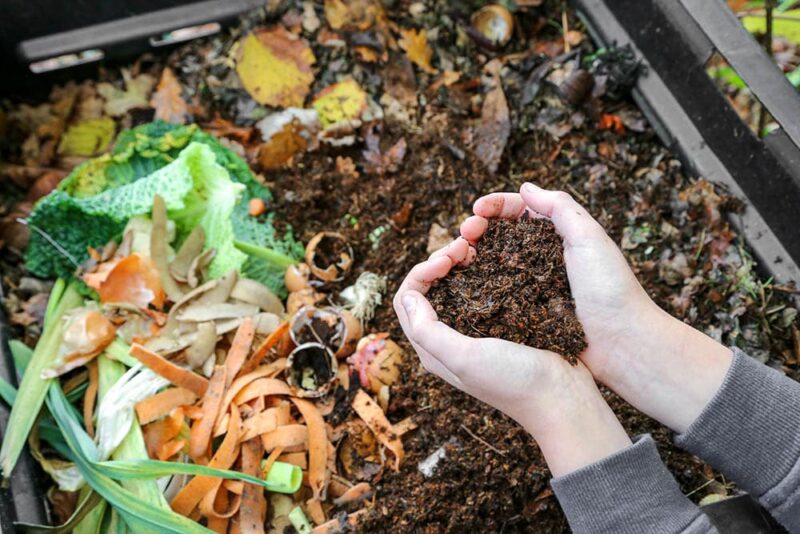
Note: This article’s statistics come from third-party sources and do not represent the opinions of this website.
Composting is an excellent way of turning all organic household and garden waste into fertilizer for your garden. Compost has many benefits and is a rewarding practice that will improve the quality of your soil and plants. It reduces the need for chemical fertilizers and helps aerate the soil and retain more moisture. While this method is excellent for gardeners, it is also great for nature. It promotes healthier recycling and diverts organic waste from landfills. In Australia, the organic recycling industry is working hard every day to raise awareness among the people and create a more conscientious society.
In the article below, you’ll learn some fascinating statistics and benefits of composting in Australia and how big this industry is.
The 12 Composting Statistics in Australia
- 35% of Australians recycle or compost garden waste, while 23% recycle or compost kitchen waste.
- An increase in organic recycling of 80% would reduce around 2,102,377 tons of greenhouse gas emissions.
- If the current organic recycling rates increased by at least 70%, the Australian economy would gain around $274 million in industry value.
- In 2018 and 2019, Australia’s overall organic recycling rate was 51.5%, equating to 298 kilograms of recycled organic material for each person.
- Composting reduces the need for water in the garden by 30% and significantly improves soil quality.
- Over the past 2 years, increased awareness of composting benefits in Australia reduced the compostable contents in mixed waste by 5%.
- Mandurah has a unique method of reducing greenhouse gas emissions by around 6,000 tons annually, including all biosolids and green waste being recycled into organic-based fertilizer on local farms.
- Approximately 2.682 additional jobs would open up if 80% of Australia’s organic waste was diverted from landfills.
- 3% of Australia’s total emissions are produced by inadequate recycling of organic waste. Organic waste that ends up at a landfill can produce around 13 million tons of CO2.
- 50% of the mixed garbage content in Australia is wrongly disposed of and can instead become compost or mulch if recycled.
- The organic recycling industry in Australia processes around 7.5 million tons of waste each year.
- Given the market demand, the industry expects an increase of 3.4 million metric tons of compost and non-compost product sales each year, an increase of 52.5%.
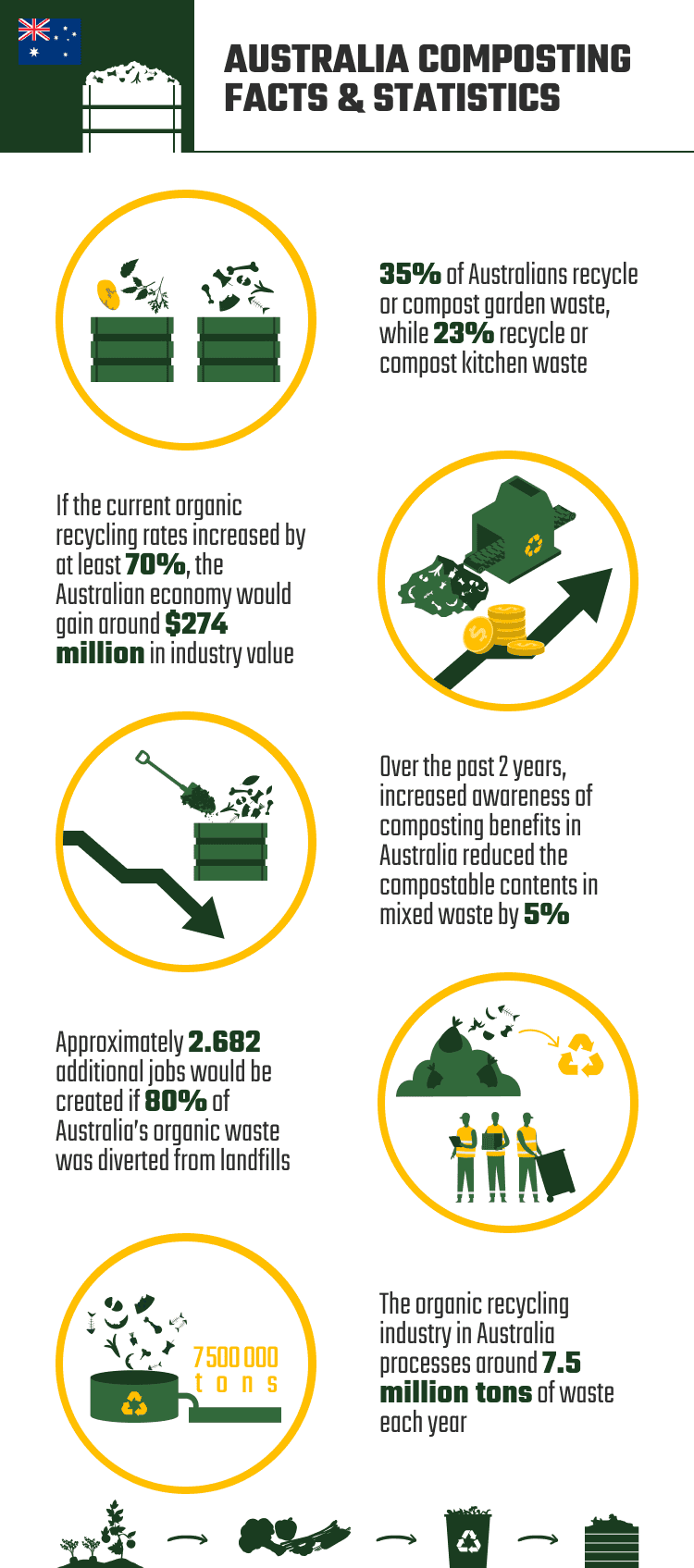
 The Recycling Rate in Australia
The Recycling Rate in Australia
1. 35% of Australians recycle or compost garden waste, while 23% recycle or compost kitchen waste.
(Australian Bureau of Statistics)
Awareness in Australia regarding recycling organic waste is constantly improving. It is estimated that around 35% of Australians have a habit of recycling or composting garden waste and putting it to good use. While this number may not seem like a lot, it’s a significant act for the well-being of the environment, and the number only keeps increasing. While it is more common to dispose of garden waste properly, 23% of Australians also recycle and compost kitchen waste.

2. An increase in organic recycling of 80% would reduce around 2,102,377 tons of greenhouse gas emissions.
(Department of Climate Change, Energy, the Environment and Water)
If the rate of recycling organic waste would increase only by 80%, an additional 2,102,377 tons of greenhouse gas emissions would be saved. To put this number into better perspective, you can imagine it as 3,144,006 new trees being planted or 486,021 fewer cars on the road.
3. If the current organic recycling rates increased by at least 70%, the Australian economy would gain around $274 million in industry value.
(Australian Organics Recycling Industry)
If the rate of recycling organic waste in Australia increased by 70%, the organic recycling businesses would generate $771 million in sales with an extra $274 million towards the Australian economy. An additional 1,834 jobs would open up for Australians in the organic recycling industry. Greenhouse gas emissions would lower by 1,436,829 tons, equal to 2,149,011 planted trees and 332,279 fewer cars on the road.
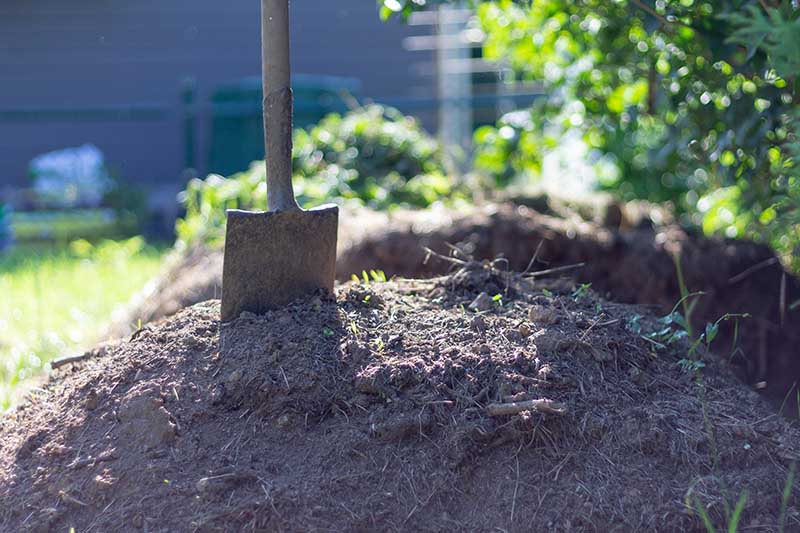
4. In 2018 and 2019, Australia’s overall organic recycling rate was 51.5%, equating to 298 kilograms of recycled organic material for each person.
(Australian Organics Recycling Industry)
Australia’s organic waste recycling overall was measured at 51.5% in the years 2018 and 2019. This number is equivalent to 298 kilograms of recycled organic matter or compost for each person in Australia, a positive move in the right direction.
 Benefits of Recycling Organic Waste
Benefits of Recycling Organic Waste
5. Composting reduces the need for water in the garden by 30% and significantly improves soil quality.
(Centre for Organic Research & Education)
Properly recycling organic waste and using it for composting your garden can drastically improve the overall quality of the soil. There are many benefits to composting your garden using decomposed organic waste straight out of your kitchen. Since composting provides the soil with water-retaining properties, it reduces the need for water by as much as 30%. This energy-efficient method can amazingly benefit the environment.
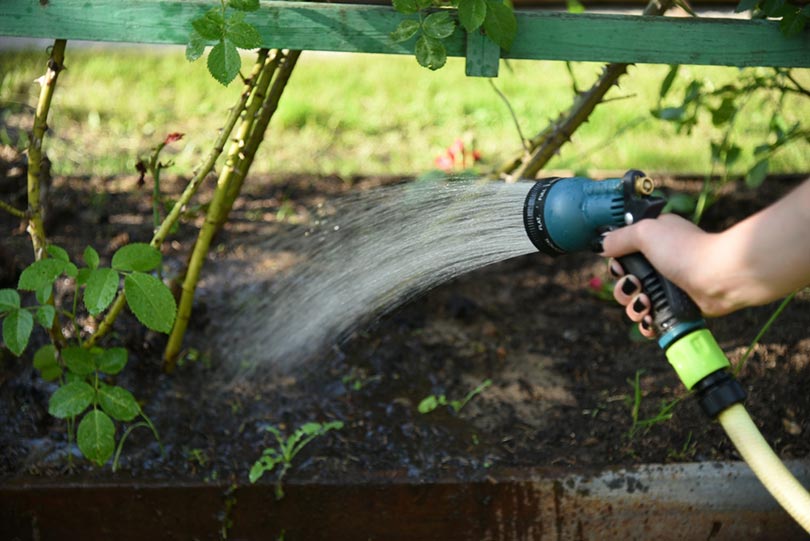
6. Over the past 2 years, increased awareness of composting benefits in Australia reduced the compostable contents in mixed waste by 5%.
(Centre for Organic Research & Education)
Since composting benefits are becoming more evident, and Australians are becoming more aware of its rewards, the amount of improperly disposed of organic waste is reducing. Over the past 2 years, the amount of organic compostable waste in mixed-waste garbage bins decreased by 5%.
7. Mandurah has a unique method of reducing greenhouse gas emissions by around 6,000 tons annually, including all biosolids and green waste being recycled into organic-based fertilizer on local farms.
(Department of Primary Industries and Regional Development)
In Mandurah, local farms compost all green waste and biosolids into organic-based fertilizers. Many farmers practice using this fertilizer to build healthier soil and more resilient farming systems. This simple practice saves around 6,000 tons of greenhouse gas emissions annually.
8. Approximately 2.682 additional jobs would open up if 80% of Australia’s organic waste was diverted from landfills.
(Department of Climate Change, Energy, the Environment and Water)
Organic waste can become a valuable resource for the Australian economy, promoting further agricultural development. If Australians recycled more organic waste properly, it would be diverted from landfills, where it becomes a significant cause of greenhouse emissions. If 80% of Australia’s organic waste was appropriately recycled and removed from landfills, an additional 2.682 jobs would open up.

 Handling Organic Waste
Handling Organic Waste
9. 3% of Australia’s total emissions are produced by inadequate recycling of organic waste. Organic waste that ends up at a landfill can produce around 13 million tons of CO2.
(Department of Climate Change, Energy, the Environment and Water)
As we’ve mentioned, organic waste that wrongly ends up at the landfill has a significant impact on the environment, producing large amounts of greenhouse gases. Mismanaging organic waste is the cause of 3% of Australia’s total emissions. It is estimated that 13 million tons of greenhouse gases are produced due to organic waste ending up at landfills.
10. 50% of the mixed garbage content in Australia is wrongly disposed of and can instead become compost or mulch if recycled.
(Organic Research & Education)
Around 50% of household waste that Australians produce and put into mixed-waste bins could be recycled as compost or mulch. Composting organic household waste can improve your soil’s quality and serve as an excellent mulch.
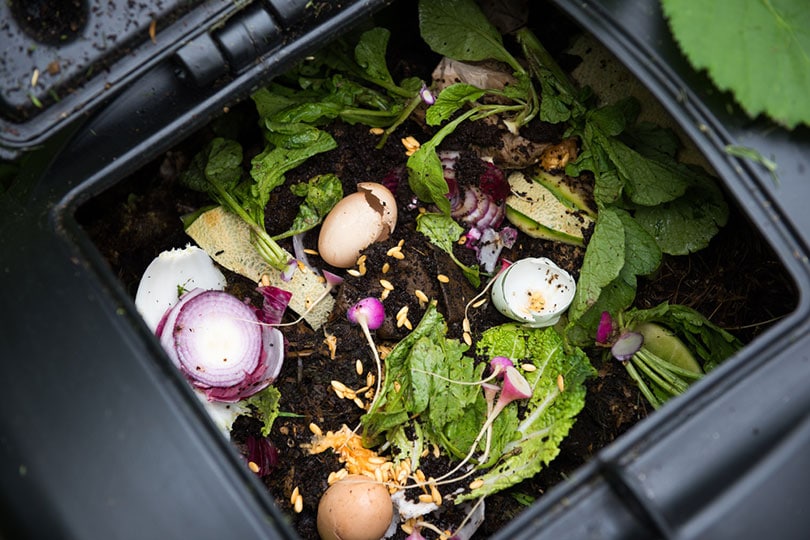
 Annual Compost Production
Annual Compost Production
11. The organic recycling industry of Australia processes around 7.5 million tons of waste each year.
(Australian Organics Recycling Industry)
While the rate of recycled organic waste is estimated to grow, more improvements are still needed in raising awareness of greenhouse emissions. Nevertheless, the organic recycling industry is working full time in processing the waste, and every year, this industry can process as much as 7.5 million tons of waste.
12. Given the market demand, the industry expects an increase of 3.4 million metric tons of compost and non-compost product sales each year, an increase of 52.5%.
(The Organics Recycling Authority)
The organics recycling industry expects an increase in the total metric tons of products sold due to high market demand. The expected growth is 52.5%, with around 3.4 million tons of additional compost and non-compost products annually.
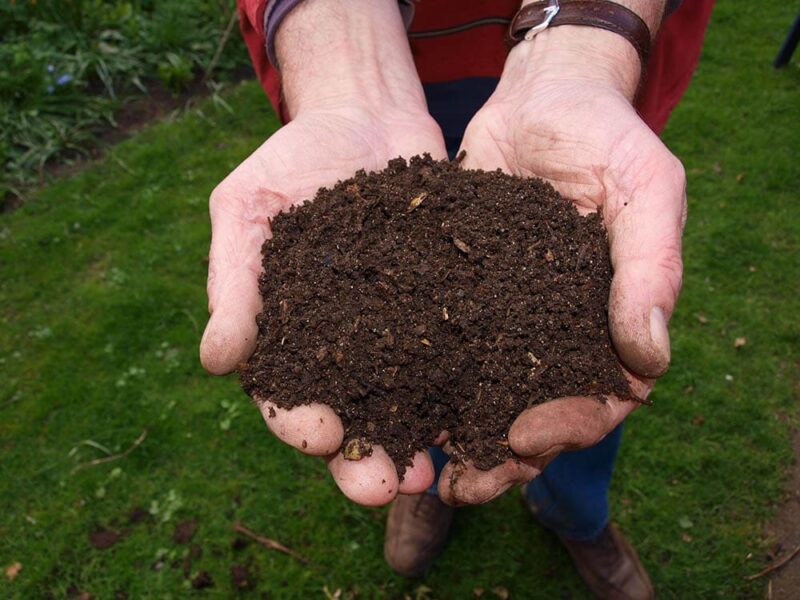
 Frequently Asked Questions About Composting in Australia
Frequently Asked Questions About Composting in Australia
What is recycled organic waste?
Organic recycling is a process of converting organic waste into energy, water, gas, or biomass through degradation. Organic recycling can happen in two ways: anaerobic digestion and aerobic digestion. Anaerobic digestion is used mainly for producing energy, while aerobic digestion is what we call compost.
Why is composting important in Australia?
Knowing how to handle waste is a great responsibility that recycling facilities hold. Australia and other countries around the world produce vast amounts of waste daily. If they let organic waste end up in landfills, it would produce damaging greenhouse gases. Composting, on the other hand, has many advantages, primarily for making your soil healthier and rich in nutrients. It reduces the need for water and chemical fertilizers and improves your crops.
 Conclusion
Conclusion
Learning about composting and properly handling organic waste is the first step to a healthier, more conscientious society. Australians are getting closer to creating a healthy environment for themselves and are improving their recycling habits each year. The statistics in this article show how much improvement can happen after raising awareness about composting benefits.
Related Reads:
- Australian Bureau of Statistics
- Department of Climate Change, Energy, the Environment and Water
- Australian Organics Recycling Industry
- Centre for Organic Research & Education
- Department of Primary Industries and Regional Development
- Department of Climate Change, Energy, the Environment and Water
- Organic Research & Education
- The Organics Recycling Authority
Featured Image Credit By: Jerome.Romme, Shutterstock
Contents

 The Recycling Rate in Australia
The Recycling Rate in Australia Benefits of Recycling Organic Waste
Benefits of Recycling Organic Waste